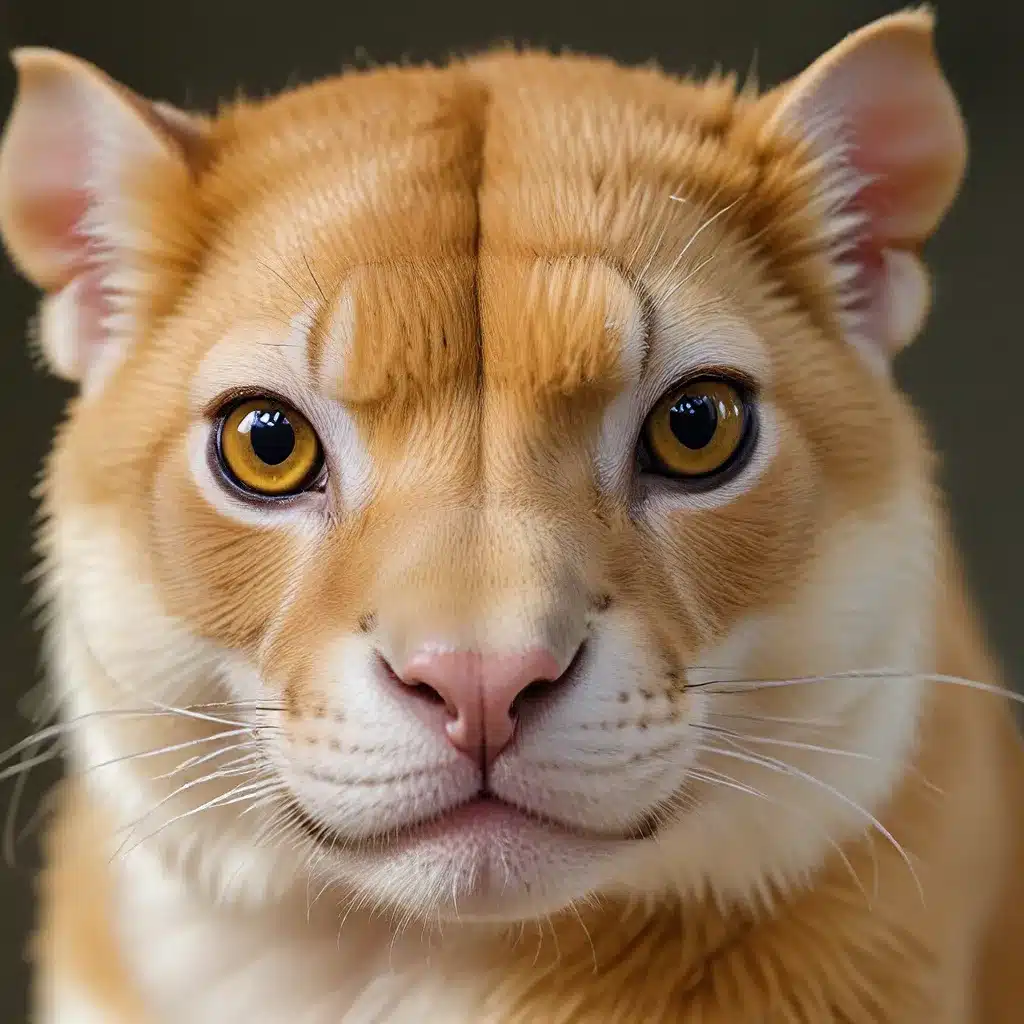
Navigating the Murky Waters of Exotic Pet Ownership
Ah, the allure of exotic pets – those captivating creatures that seem to promise a life of wonder and adventure. But as any seasoned pet owner knows, the world of exotic animal ownership is anything but simple. In fact, it’s a veritable labyrinth of legal frameworks, nonprofit organizations, and grey areas that can leave even the most diligent enthusiast feeling like they’re swimming in a sea of uncertainty.
Unraveling the Legal Landscape
Let’s start with the basics. When it comes to the legality of exotic pets, the landscape is a patchwork quilt of federal, state, and local laws. At the federal level, the Animal Welfare Act (AWA) serves as the primary law governing the care and treatment of animals used in research, exhibition, and commerce. Administered by the U.S. Department of Agriculture, the AWA sets minimum standards for the humane handling, housing, feeding, and veterinary care of these animals.
But here’s the rub: the AWA doesn’t cover all exotic pets. In fact, it’s primarily focused on animals used in research, zoos, and commercial breeding operations. That leaves a whole host of exotic critters – from sugar gliders to servals – in a legal grey area. And that’s where the states come in.
The Patchwork Quilt of State Laws
Each state has its own set of laws and regulations when it comes to exotic pet ownership. Some states, like California, have outright bans on certain species, while others take a more permissive approach. For example, Illinois and New York have passed statewide bans on the use of elephants in entertainment, while other states have yet to take such a step.
The legal landscape for exotic pets is truly a patchwork quilt, with each state painting its own picture. Some states have robust companion animal laws that offer strong protections for dogs and cats, but leave exotic pets out in the cold. Others have more comprehensive legislation that addresses the needs of a wider range of species.
Navigating the Nonprofit Landscape
Enter the world of nonprofit organizations – the unsung heroes in the fight for exotic animal welfare. These dedicated groups are on the frontlines, advocating for stronger laws, rescuing animals from neglectful or abusive situations, and educating the public about the realities of exotic pet ownership.
One such organization is the Animal Legal Defense Fund (ALDF). Since 1979, the ALDF has been a leading voice in the fight to secure legal protections for animals. From filing lawsuits to pushing for legislative change, the ALDF has been instrumental in shaping the legal landscape for exotic pets and beyond.
Another key player is the Golden Exotic Pets Foundation, a nonprofit dedicated to the rescue, rehabilitation, and responsible placement of exotic animals. This organization not only provides a safe haven for animals in need, but also works tirelessly to educate the public about the realities of exotic pet ownership.
The Importance of Responsible Ownership
Ultimately, the world of exotic pets is a complex and nuanced one, where the line between legality and illegality can be blurred. That’s why it’s so important for prospective owners to do their homework, understand the legal framework, and seek out the guidance of reputable nonprofit organizations.
After all, owning an exotic pet is a privilege, not a right. These animals have unique needs and requirements that go far beyond what a typical domestic pet might require. Responsible ownership means not only understanding the legal landscape, but also being prepared to provide the specialized care and attention these animals need to thrive.
A Cautionary Tale: The Risks of Exotic Pet Ownership
The consequences of irresponsible exotic pet ownership can be dire, both for the animals and for the owners themselves. Take the case of the infamous “Tiger King,” Joe Exotic, who ran a roadside zoo in Oklahoma. Exotic’s shoddy animal welfare practices and disregard for the law ultimately led to his downfall, with the USDA and other agencies cracking down on his operation.
But the real victims in this story were the animals themselves, who suffered from neglect, abuse, and deplorable living conditions. It’s a cautionary tale that underscores the importance of responsible exotic pet ownership and the critical role that nonprofit organizations play in holding owners and authorities accountable.
Conclusion: Embracing the Challenge, Protecting the Animals
Owning an exotic pet is not for the faint of heart. It’s a commitment that requires meticulous planning, deep pockets, and a genuine passion for the well-being of these remarkable creatures. But with the right guidance, resources, and a commitment to doing things the right way, the rewards can be immense.
So, if you’re considering adding an exotic pet to your family, take the time to understand the legal landscape, connect with reputable nonprofit organizations, and make sure you’re prepared to provide the care and attention these animals need. It’s a journey that’s not for the faint of heart, but one that can be incredibly rewarding – for you and the animal you’re privileged to call your own.

